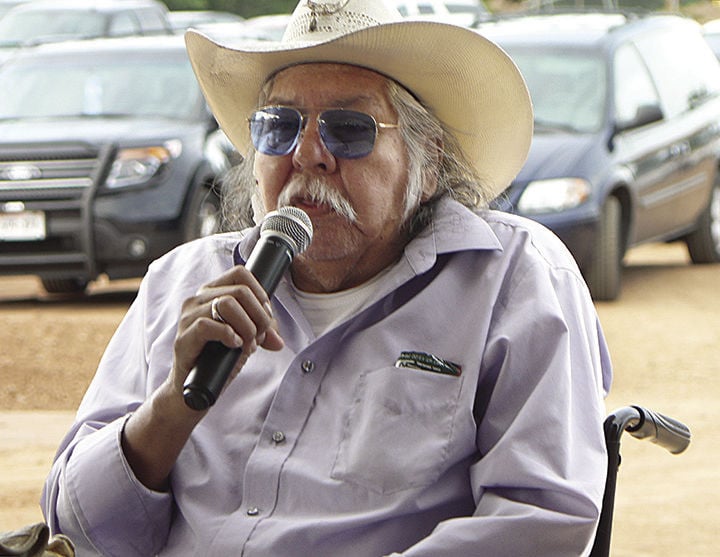Hertel Casino Wisconsin
The St. Croix Chippewa Indians of Wisconsin (or the St. Croix Band for short) are a Federally recognized Indian Tribe, located in northwestern Wisconsin, along the St. Croix River valley and watershed.
History[edit]


Harry Hertel

Hertel Homes
St. Croix Chippewa Indians of Wisconsin is the eastern half of the historic St. Croix Chippewa Indians who lost federal recognition in 1854. St. Croix Chippewa Indians of Wisconsin re-gained their federal recognition under the Indian Reorganization Act. The western half of the historical tribe, the St. Croix Chippewa Indians of Minnesota, are non-Federally recognized component of the Mille Lacs Band of Ojibwe. Due to loss of Federal recognition in 1854, as one of two successors apparent of the historical St. Croix Chippewa Indians, the St. Croix Chippewa Indians of Wisconsin do not have a formal Indian Reservation.
Croix Casino Hertel Express is a 24-hour gaming facility operated by the St. Croix Chippewa Indians of Wisconsin on one of its five main reservation communities in Northwestern Wisconsin. The tribe operates three separate casino facilities, along with a hotel and other hospitality venues. Croix Casino Hertel also offers a full-service truckers’ suite with lounge-type seating, WiFi, restrooms with showers, free laundry facilities, and a diesel truckers’ fill area with additional parking for trucks. The new complex also has a smoke shop with a drive-up window and walk-in humidor, an RV Park and an amphitheater. Croix Casino Hertel Expres in Hertel, WI. Carries Regular, Midgrade, Premium, Diesel. Has Pay At Pump, Restaurant, Restrooms, C-Store, ATM, Air Pump.
Today[edit]
The St. Croix Chippewa Indians of Wisconsin is a federally recognized tribe governed by a five-member council elected for two-year terms. The Tribal Council is responsible for the general welfare of tribal members and the management of day-to-day tribal business. The Council is governed by the tribal constitution and by-laws, which were originally ratified in 1934 under the Indian Reorganization Act. Their current population (as of 2014) is 1,054 tribal members.

Due to not having a formal Indian Reservation, the lands constituting the St. Croix Indian Reservation are composed of small tracts of lands representing communities made up of families who have frequently lived in the same vicinity for generations. The reservation communities are scattered with about 50 miles (80 km) being the longest distance between any two of them. The five major communities are Sand Lake, Danbury, Round Lake, Maple Plain, and Gaslyn. They occupy land in Barron, Burnett, and Polk counties. Of the total resident population of 641 persons as of the 2000 census, 370 live in Burnett County, 197 in Polk County, and 74 in Barron County. The total area of the separate tracts of lands equals 9.140 km² (3.529 sq mi, or 2,258.49 acres), including off-reservation trust lands.
The tribal headquarters is located on the Sand Lake Reservation Community, which is one mile (1.6 km) west of the unincorporated community of Hertel, Wisconsin. The Tribe operates the St. Croix Casino enterprise of three casinos. 'St. Croix Casino Turtle Lake', formally known as St. Croix Casino & Hotel in Turtle Lake, Wisconsin, 'St. Croix Casino Hertel', formally known as 'Little Turtle' Hertel Express Casino in Hertel, and 'St. Croix Casino Danbury', formally known as St. Croix Casino and Hotel Danbury in Danbury.
Little Hertel Casino
References[edit]
- Warren, William W. History of the Ojibway People. Borealis Books (St. Paul, MN: 1984).
- St. Croix Reservation and Off-Reservation Trust Land, Wisconsin United States Census Bureau
- Treuer, Anton. Living Our Language: Ojibwe Tales & Oral Histories. St. Paul: Minnesota Historical Society Press, 2001.
External links[edit]
- Great Lakes Indian Fish and Wildlife Commission (GLIFWC) information regarding the fisheries operated by the St. Croix Band
